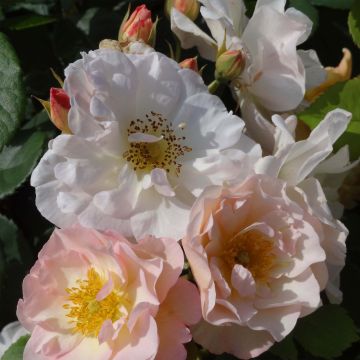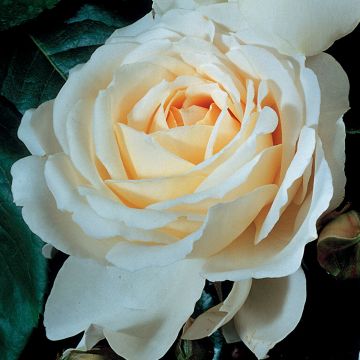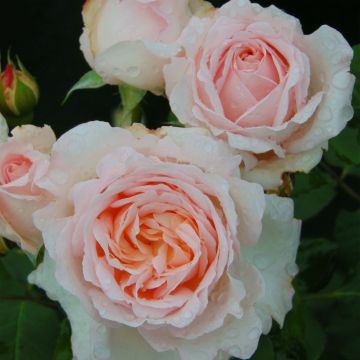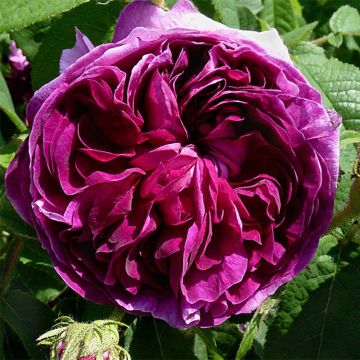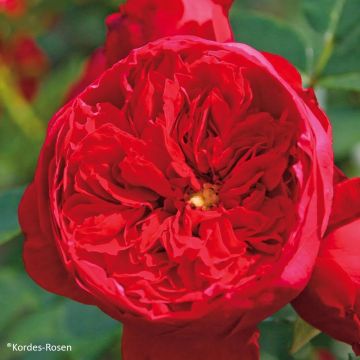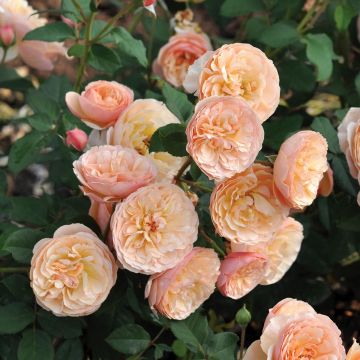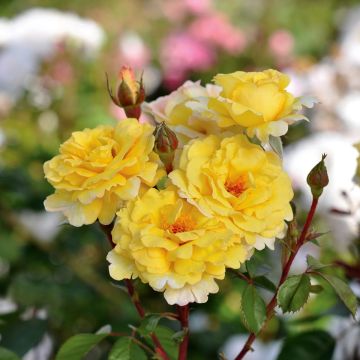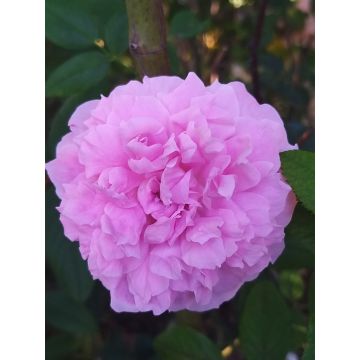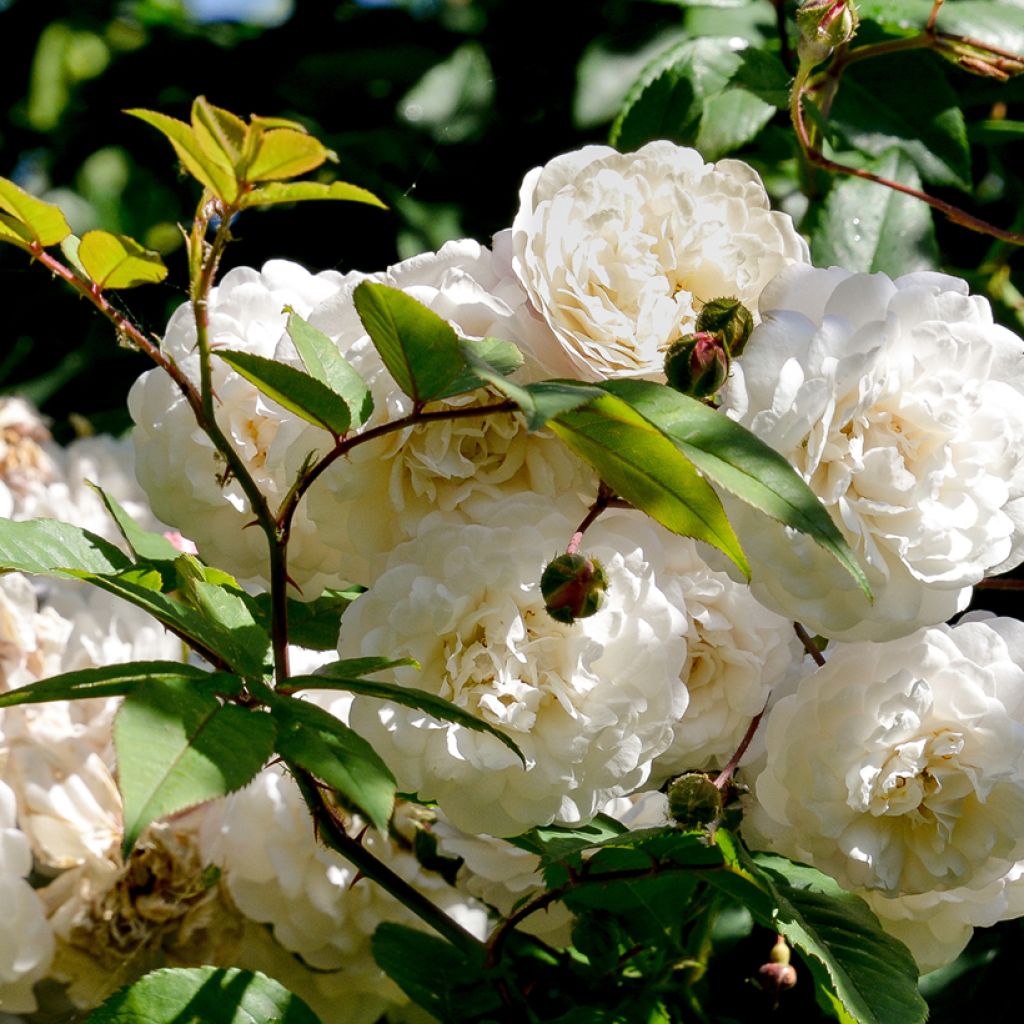

Rosa Felicité et Perpétue - Climbing Rose
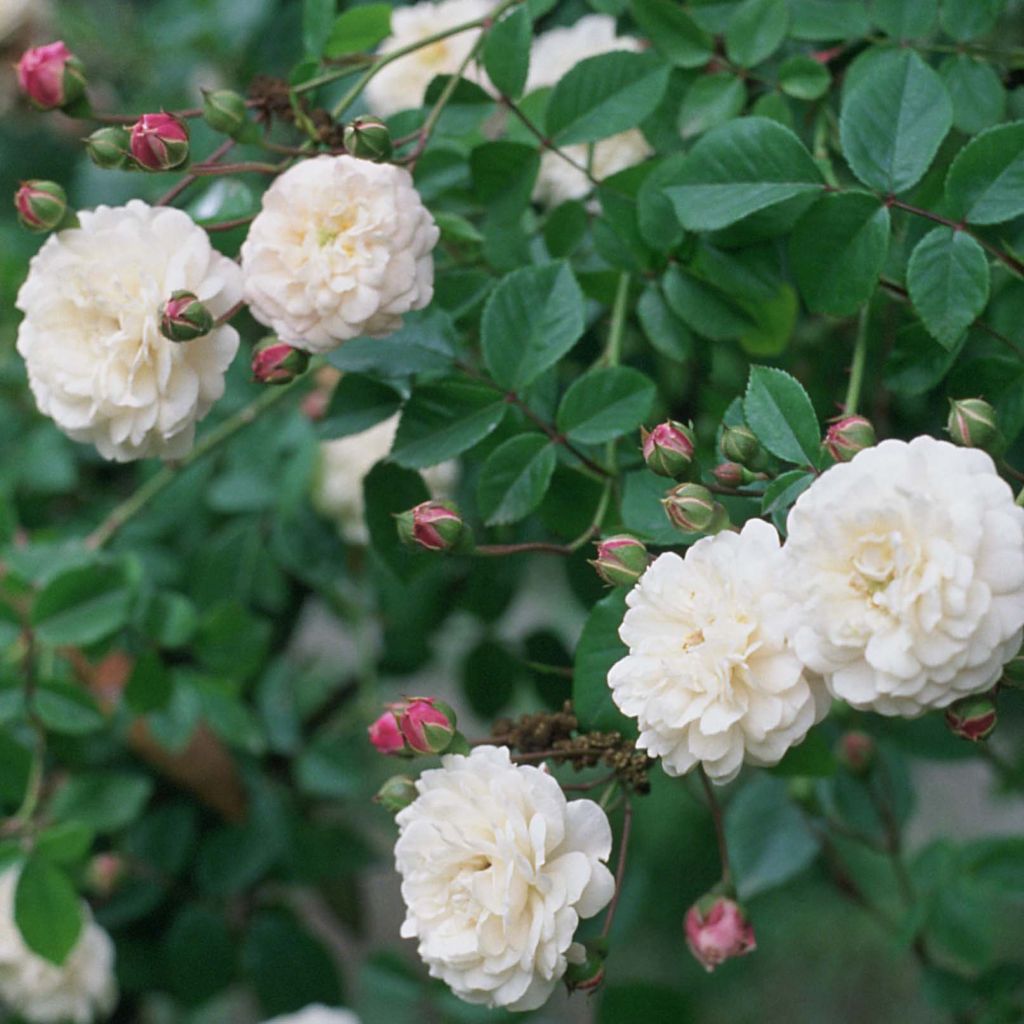

Rosa Felicité et Perpétue - Climbing Rose
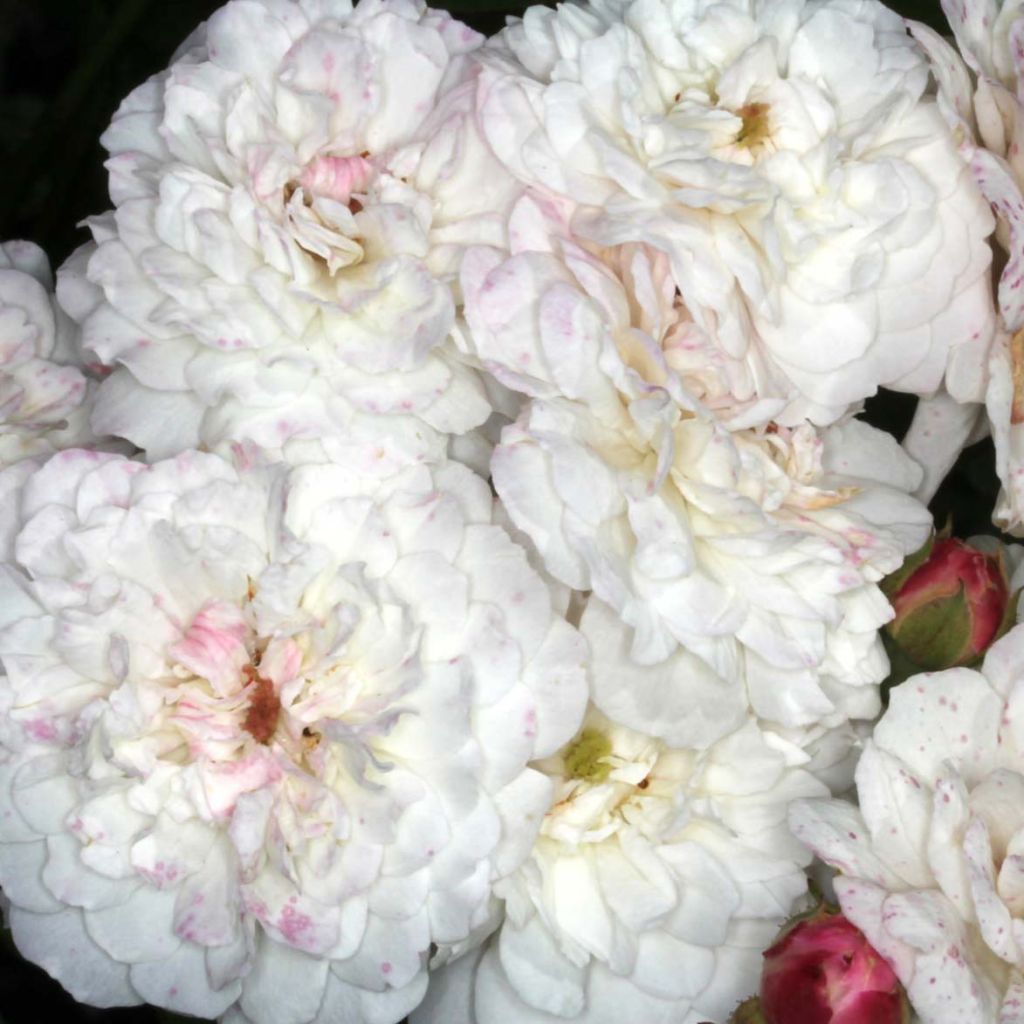

Rosa Felicité et Perpétue - Climbing Rose
View more pictures
Hide images
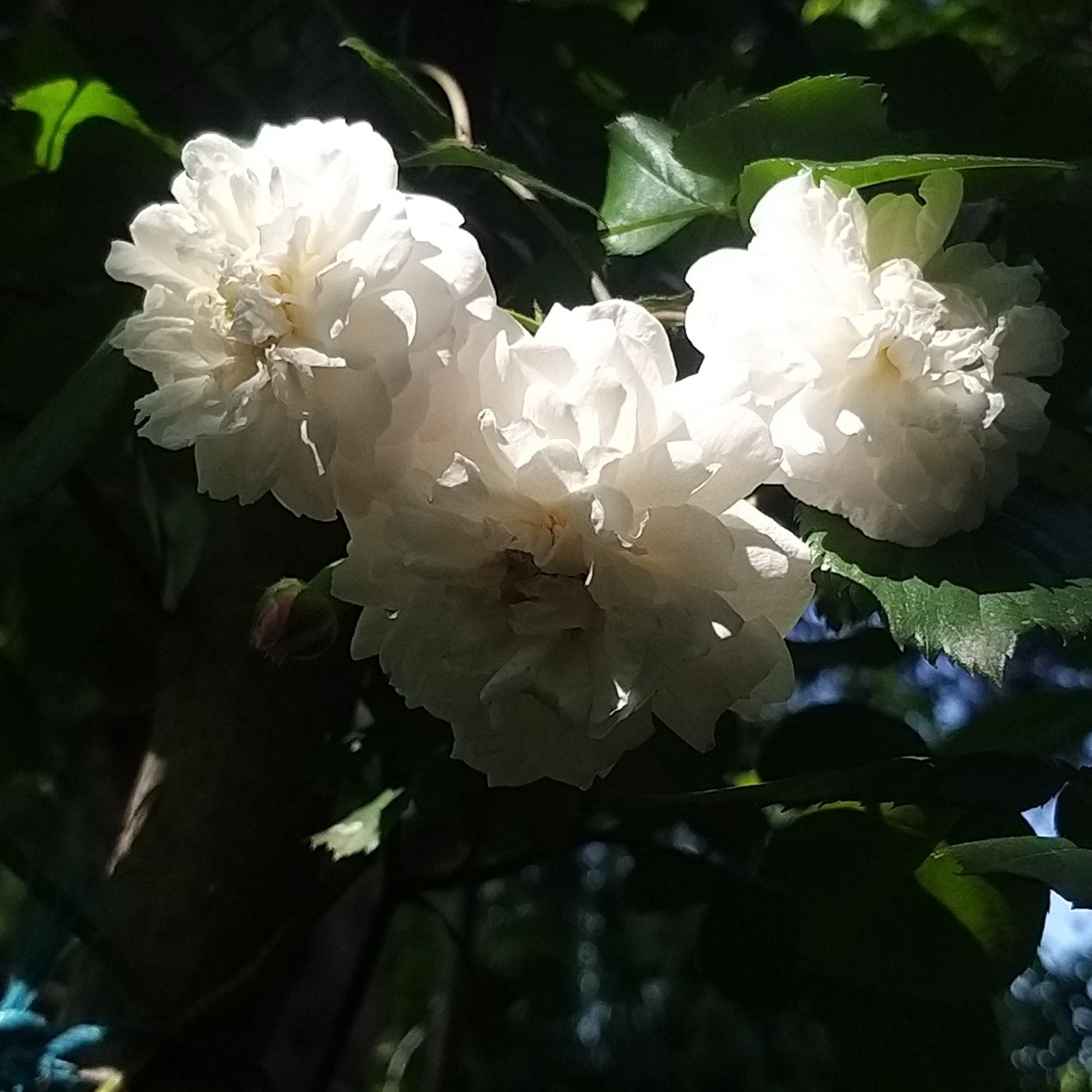
Thierry P.

N/A
Thierry P. • 84 FR
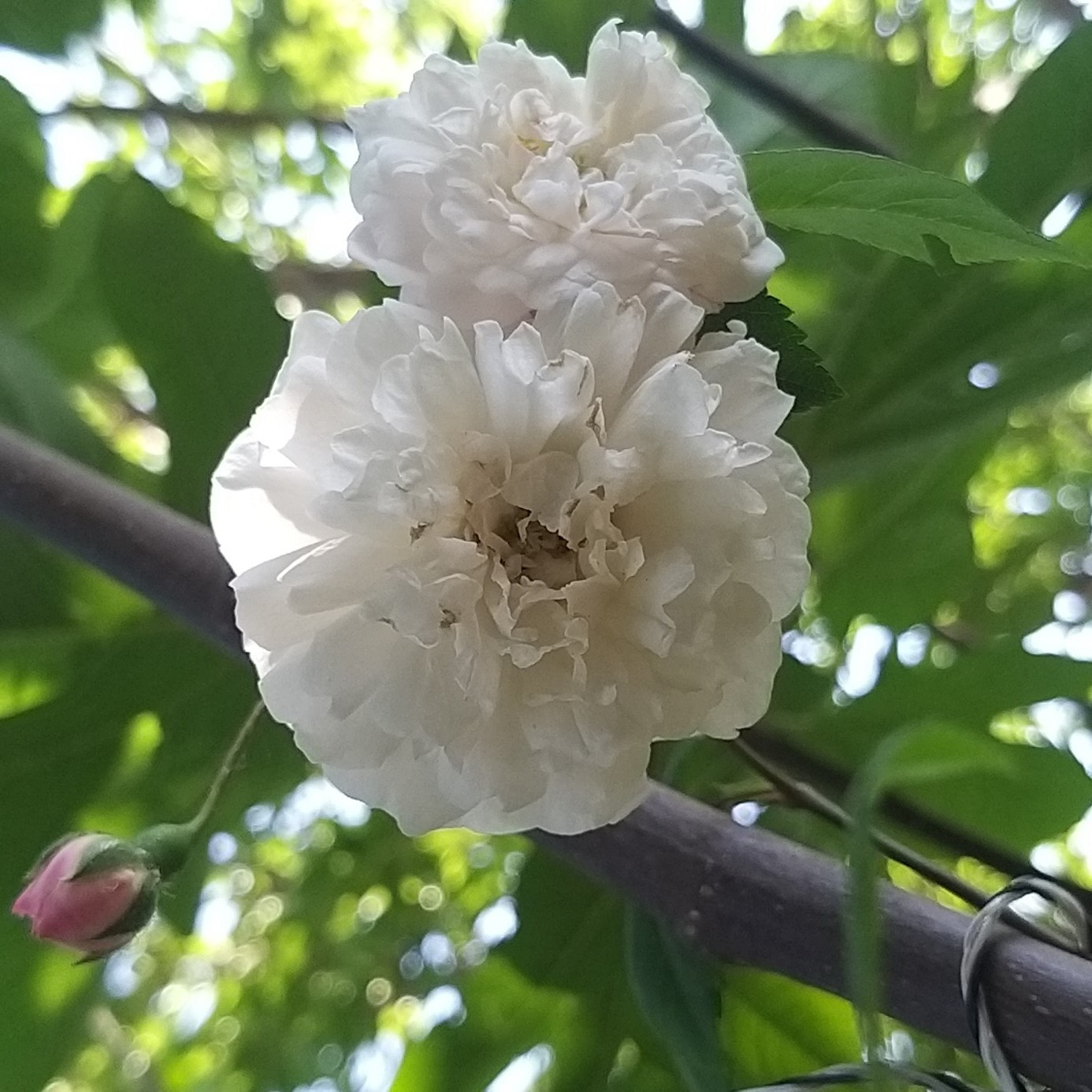
Thierry P.

N/A
Thierry P. • 84 FR
Rosa Felicité et Perpétue - Climbing Rose
Rosa x sempervirens Felicité et Perpétue
Evergreen Rose
Planted in autumn, the rose bush is developing wonderfully!
Catherine, 03/05/2025
Special offer!
Receive a €20 voucher for any order over €90 (excluding delivery costs, credit notes, and plastic-free options)!
1- Add your favorite plants to your cart.
2- Once you have reached €90, confirm your order (you can even choose the delivery date!).
3- As soon as your order is shipped, you will receive an email containing your voucher code, valid for 3 months (90 days).
Your voucher is unique and can only be used once, for any order with a minimum value of €20, excluding delivery costs.
Can be combined with other current offers, non-divisible and non-refundable.
Home or relay delivery (depending on size and destination)
Schedule delivery date,
and select date in basket
This plant carries a 6 months recovery warranty
More information
We guarantee the quality of our plants for a full growing cycle, and will replace at our expense any plant that fails to recover under normal climatic and planting conditions.


Description
The Rose 'Felicity and Perpetua' is a cultivar from 1827, derived from Rosa sempervirens. Rarely in horticultural history have we seen a climber so modest but robust and showing fierce resistance to diseases and drought. It is capable of growing and flowering almost anywhere, it blooms in late spring with large clusters of small, tightly packed roses, barely pinkish white-cream, and a scent of primrose mixed with delightful bright pink buds. Its vigorous growth bears small, shiny, almost evergreen foliage and forms a dense mass. While its hardiness is sometimes lacking, this variety will not disappoint, especially in hot and dry climates.
This large rose is an old cultivar, descended from the evergreen rose (Rosa sempervirens). The latter is native to Southern Europe, North Africa and Asia Minor. Sempervirens roses are generally evergreen, vigorous (and sometimes a bit susceptible to cold), and tolerate dry soils, hot climates, and the semi-shade of the undergrowth. 'Felicity and Perpetua', also known as Rosa x liane 'Climbing Little White Pet', was born from the hands of Jacques, the head gardener of the Duke of Orleans (who would be called Louis Philippe), in 1827, and its numerous qualities have allowed it to withstand the ages without ageing. It forms a vigorous liana that will easily reach 4 to 5m (16ft) in height with a spread of 2 to 3m (7 to 10ft). Its long stems are flexible, adorned with small curved thorns and covered with dense, healthy, dark green foliage. The flowers of this variety are born from very pretty pink buds. They form abundantly from mid-June to mid-July. The buds open into double rosettes, 3cm (1in) in diameter, well-ordered, and barely tinged with pink and cream in the centre. They are gathered in long bouquets on flexible stems. Delicious and charming, they exude a sweet floral and fresh scent. The small orange-red fruits that delight birds in the winter are fleshy false fruits called hips. They contain a large quantity of single-seeded achene.
'Felicity and Perpetua' is a charming rose endowed with robust health, ideal for southern gardens that usually make roses suffer. It is so undemanding that it accepts stony and dry soils in summer and performs very well in semi-shade, or even shade, in the south of our country. If allowed to grow freely, it will become as wide as it is tall, displaying the exuberance of its beautiful foliage adorned with white pompons and pink buds. Like other lianas, it is incomparable for filling large spaces and giving a touch of abandonment, planted above slightly too strict flowerbeds. It is an ideal companion for dead or living trees, uncertain fences, and ugly buildings or sheds, adding tremendous charm. As it only flowers once, it can be paired with viticella Purpurea Plena or texensis princess kate clematis, which will take over and both tolerate relatively dry soils.
Report an error about the product description
Rosa Felicité et Perpétue - Climbing Rose in pictures
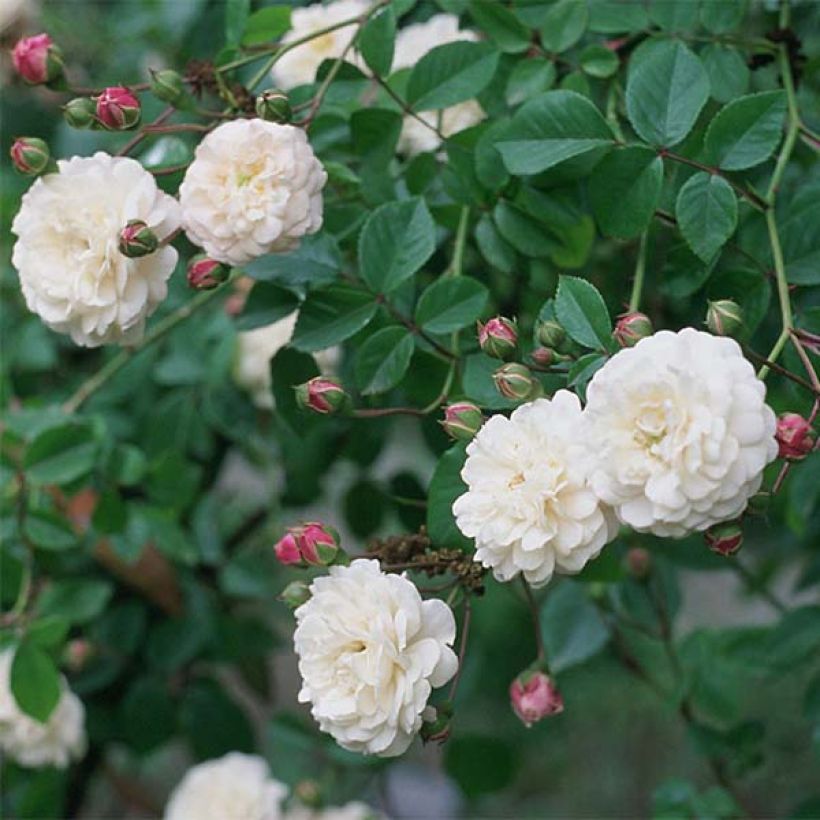

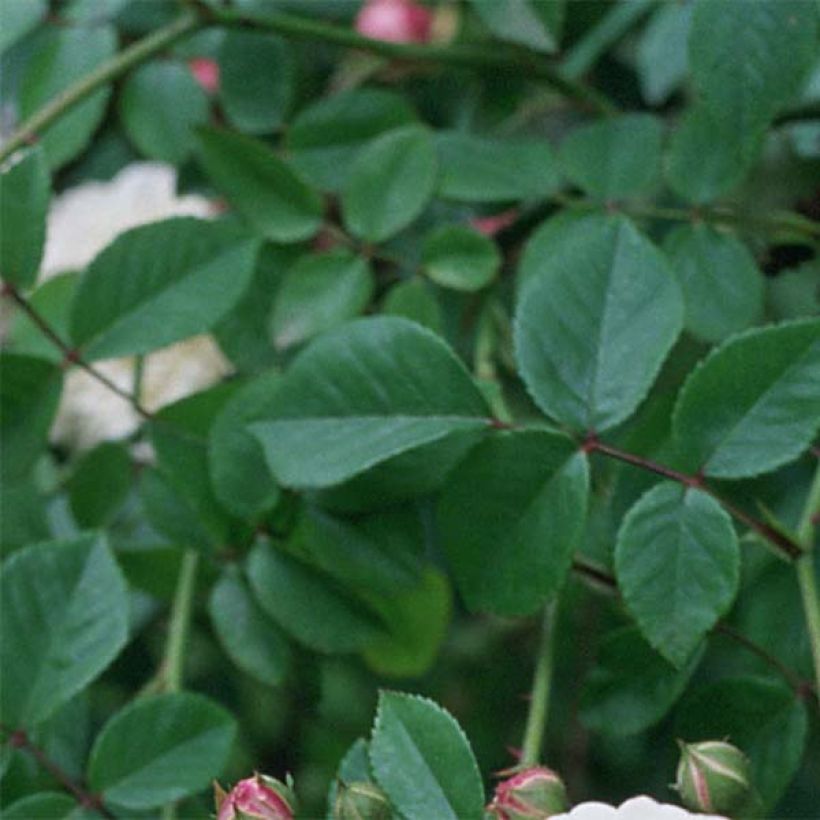

Plant habit
Flowering
Foliage
Botanical data
Rosa
x sempervirens
Felicité et Perpétue
Rosaceae
Evergreen Rose
Cultivar or hybrid
Rosa canina Laxa (Wrapped bare root, 4L/5L pot)
Planting and care
The Felicité and Perpétue rose is a versatile plant that can grow in well-drained soil, even in dry summers, as long as it is well taken care of and does not lack water or nutrients during its first two years. It should be planted in well-worked and well-drained ordinary soil, in a sunny location in cool climates or partially shaded to shaded elsewhere. The best time to plant it is in autumn, but never when it's freezing.
The branches that bloom the most are typically 2 years old. To encourage the growth of new sturdy stems, it is recommended to reduce the stems that bloomed the previous year to 3 or 4 buds, or pruned to 15 cm (6in). If necessary, the old stems should be removed. Moderately hardy, this rose can withstand temperatures as low as -12/-15°C (10.4/5°F) in healthy and well-drained soil. Dead wood should be removed in winter, and faded flowers should be removed if fruit formation is not desired. A light pruning can be done in spring after the risk of frost.
Climbing roses can also grow freely if there is ample space. However, if you plant a liana rose next to a living tree, the rose's root system will compete with the tree's already well-established root system. To control watering, a trick is to plant the rose in a large container with a perforated bottom, at the tree's base. The tree's roots will not penetrate the container for at least a year. After a year, you can remove the container, for example, by cutting one side, without disturbing the rose's root system. This way, the rose will have had sufficient time to develop its root system deeply and will be more resistant.
Roses may develop unsightly spots at the end of summer, but this is a natural occurrence and doesn't harm the rose's growth.
Planting period
Intended location
Care
-
, onOrder confirmed
Reply from on Promesse de fleurs
Similar products
Haven't found what you were looking for?
Hardiness is the lowest winter temperature a plant can endure without suffering serious damage or even dying. However, hardiness is affected by location (a sheltered area, such as a patio), protection (winter cover) and soil type (hardiness is improved by well-drained soil).

Photo Sharing Terms & Conditions
In order to encourage gardeners to interact and share their experiences, Promesse de fleurs offers various media enabling content to be uploaded onto its Site - in particular via the ‘Photo sharing’ module.
The User agrees to refrain from:
- Posting any content that is illegal, prejudicial, insulting, racist, inciteful to hatred, revisionist, contrary to public decency, that infringes on privacy or on the privacy rights of third parties, in particular the publicity rights of persons and goods, intellectual property rights, or the right to privacy.
- Submitting content on behalf of a third party;
- Impersonate the identity of a third party and/or publish any personal information about a third party;
In general, the User undertakes to refrain from any unethical behaviour.
All Content (in particular text, comments, files, images, photos, videos, creative works, etc.), which may be subject to property or intellectual property rights, image or other private rights, shall remain the property of the User, subject to the limited rights granted by the terms of the licence granted by Promesse de fleurs as stated below. Users are at liberty to publish or not to publish such Content on the Site, notably via the ‘Photo Sharing’ facility, and accept that this Content shall be made public and freely accessible, notably on the Internet.
Users further acknowledge, undertake to have ,and guarantee that they hold all necessary rights and permissions to publish such material on the Site, in particular with regard to the legislation in force pertaining to any privacy, property, intellectual property, image, or contractual rights, or rights of any other nature. By publishing such Content on the Site, Users acknowledge accepting full liability as publishers of the Content within the meaning of the law, and grant Promesse de fleurs, free of charge, an inclusive, worldwide licence for the said Content for the entire duration of its publication, including all reproduction, representation, up/downloading, displaying, performing, transmission, and storage rights.
Users also grant permission for their name to be linked to the Content and accept that this link may not always be made available.
By engaging in posting material, Users consent to their Content becoming automatically accessible on the Internet, in particular on other sites and/or blogs and/or web pages of the Promesse de fleurs site, including in particular social pages and the Promesse de fleurs catalogue.
Users may secure the removal of entrusted content free of charge by issuing a simple request via our contact form.
The flowering period indicated on our website applies to countries and regions located in USDA zone 8 (France, the United Kingdom, Ireland, the Netherlands, etc.)
It will vary according to where you live:
- In zones 9 to 10 (Italy, Spain, Greece, etc.), flowering will occur about 2 to 4 weeks earlier.
- In zones 6 to 7 (Germany, Poland, Slovenia, and lower mountainous regions), flowering will be delayed by 2 to 3 weeks.
- In zone 5 (Central Europe, Scandinavia), blooming will be delayed by 3 to 5 weeks.
In temperate climates, pruning of spring-flowering shrubs (forsythia, spireas, etc.) should be done just after flowering.
Pruning of summer-flowering shrubs (Indian Lilac, Perovskia, etc.) can be done in winter or spring.
In cold regions as well as with frost-sensitive plants, avoid pruning too early when severe frosts may still occur.
The planting period indicated on our website applies to countries and regions located in USDA zone 8 (France, United Kingdom, Ireland, Netherlands).
It will vary according to where you live:
- In Mediterranean zones (Marseille, Madrid, Milan, etc.), autumn and winter are the best planting periods.
- In continental zones (Strasbourg, Munich, Vienna, etc.), delay planting by 2 to 3 weeks in spring and bring it forward by 2 to 4 weeks in autumn.
- In mountainous regions (the Alps, Pyrenees, Carpathians, etc.), it is best to plant in late spring (May-June) or late summer (August-September).
The harvesting period indicated on our website applies to countries and regions in USDA zone 8 (France, England, Ireland, the Netherlands).
In colder areas (Scandinavia, Poland, Austria...) fruit and vegetable harvests are likely to be delayed by 3-4 weeks.
In warmer areas (Italy, Spain, Greece, etc.), harvesting will probably take place earlier, depending on weather conditions.
The sowing periods indicated on our website apply to countries and regions within USDA Zone 8 (France, UK, Ireland, Netherlands).
In colder areas (Scandinavia, Poland, Austria...), delay any outdoor sowing by 3-4 weeks, or sow under glass.
In warmer climes (Italy, Spain, Greece, etc.), bring outdoor sowing forward by a few weeks.































